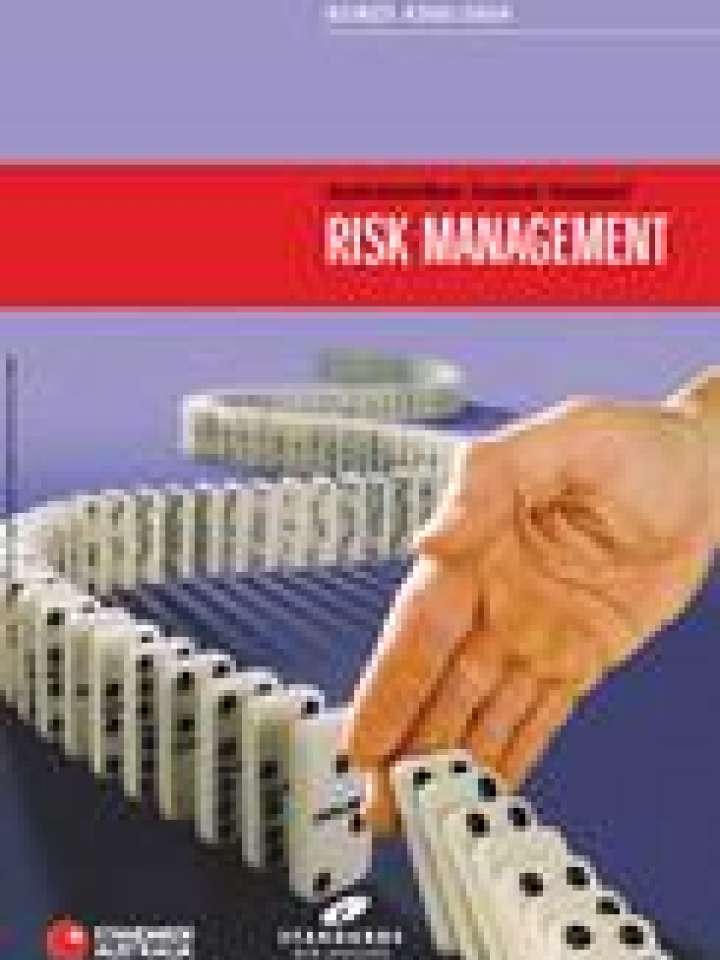AS/NZS 4360:2004: risk management
This standard provides a generic guide for managing risk. It may be applied to a very wide range of activities, decisions or operations of any public, private or community enterprise, group or individual and at all stages in the life of an activity, function, project, product or asset. The maximum benefit is usually obtained by applying the risk management process from the beginning. Often a number of discrete studies are carried out at different times, and from strategic and operational perspectives. The process described here applies to the management of both potential gains and potential losses.
The objective of this standard is to provide guidance to enable public, private or community enterprises, groups and individuals to achieve: (i) a more confident and rigorous basis for decision-making and planning; (ii) better identification of opportunities and threats; and (iii) gaining value from uncertainty and variability.
This standard was prepared by the Joint Standards Australia/Standards New Zealand Committee OB-007, Risk Management as a revision of AS/NZS 4360:1999, Risk management. It provides a generic framework for establishing the context, identifying, analysing, evaluating, treating, monitoring and communicating risk. This revised Standard incorporates the insights gained through the application of the 1999 edition, and current thinking on risk management. Some of the changes from the 1999 edition include: (i) greater emphasis on the importance of embedding risk management practices in the organization’s culture and processes; (ii) greater emphasis on the management of potential gains as well as potential losses; and (iii) moving and expanding indicative examples into a new handbook.
Explore further
